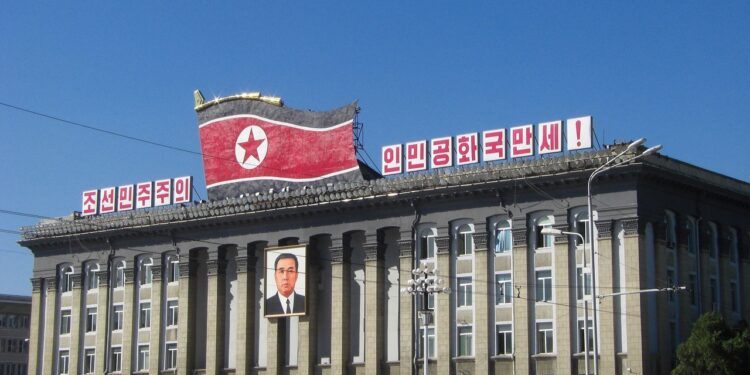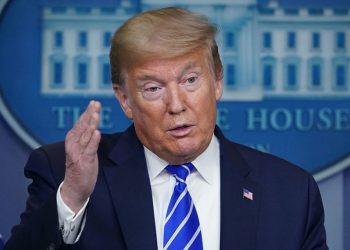As Russia and North Korea deepen their alliance, global concerns, particularly from the U.S., continue to rise. An unexpected party has also expressed unease: China, a longstanding ally of both Russia and North Korea, is increasingly wary of this evolving partnership. Despite Beijing’s close ties with both countries, it seems uncomfortable with the implications of this tightening alliance.
China’s Position on the Russia-North Korea Alliance
China has maintained strong political and economic ties with both Russia and North Korea, supported by a “no-limits” partnership with Russia that predates the Ukraine war. This pact has led the U.S. to accuse China of indirectly enabling the conflict by bolstering Russia’s defense capabilities and supporting its economy.
However, China’s reaction to the burgeoning Russia-North Korea alliance signals a rift in the regional power balance. Beijing has voiced unease, noting that its influence over North Korea may now be rivaled by Moscow’s growing role. For China, this new dynamic threatens its regional interests, and North Korea’s recent moves, such as testing intercontinental ballistic missiles, add to its worries.

Historical Ties Among China, North Korea, and Russia
The alliance among China, North Korea, and Russia isn’t new. The three nations fought together against the United States during the Korean War, presenting a united front in East Asia. Yet, the current dynamics indicate a weakening of this anti-U.S. alliance, with China now signaling its preference for de-escalation. Chinese officials have reiterated that their goal is to reduce tensions, in contrast to North Korea’s recent provocations.
U.S. Efforts to Leverage China’s Influence
Recognizing China’s discomfort, the U.S. is actively engaging with Beijing to contain the Russia-North Korea alliance. U.S. officials are urging China to use its influence to persuade North Korea to limit or halt actions that threaten regional stability. National Security Adviser Jake Sullivan has instructed U.S. agencies to convey these concerns to China, underscoring potential consequences if the situation escalates further.
The U.S. hopes China will pass these concerns to Kim Jong-un, North Korea’s leader, and encourage restraint. “We had a robust conversation just this week,” commented a representative from the U.S. Department of Defense. “We expect China to act in line with its stated goal of regional stability.”
China’s Diplomatic Response
China’s response to the U.S. overtures has been cautious. While Beijing hasn’t publicly condemned the Russia-North Korea alliance, officials acknowledge that deepening military cooperation between Russia and North Korea poses a risk to regional security. John Kirby, a White House spokesperson, said, “One would think that if China truly desires stability on the Korean Peninsula, it would share our concerns about these developments.”
The U.S. continues its diplomatic outreach, aiming to bring China fully on board with efforts to curb North Korea’s military ambitions. This aligns with Washington’s broader goal of maintaining stability in East Asia, an interest that China ostensibly shares.
Conclusion
The strengthening alliance between Russia and North Korea has sparked widespread apprehension, not only in the U.S. but also in China, which fears its influence over North Korea may be diminishing. The U.S. sees this as an opportunity to enlist China’s support to curb North Korean aggression, hoping that China will press Kim Jong-un to exercise restraint. While it remains to be seen how China will respond, the situation underscores the complex interplay of alliances and rivalries shaping East Asia’s future security landscape.
















